
Courtesy of Twitter
Black Headline News
By Charles Hallman
Another View
Recent BYU incident highlights a longstanding problem
No one, no matter the cost of attending a sporting event, has the right to racially taunt anyone. However, such actions have been around probably since the Christians were targets of lions at ancient Roman games.
No matter the level, from youth sports to pros, it’s been a longstanding problem. Sports WeeklyMag.com recently called racial and hateful taunting “an unaddressed plague across high school sports…against visiting teams from diverse communities [that] inspire fans to express their bigotry.”
Also, last winter, a minor league hockey player was indefinitely suspended after he allegedly hurled racist taunts at a Black player. Another hockey player was suspended for 30 games for a racist gesture directed toward a Black player by imitating a monkey’s movements.
During the opening weekend of the 2022 college volleyball season last month, a BYU fan allegedly shouted racist slurs at a Black Duke player during a match. Starter Rachel Richardson and her fellow Black teammates “were targeted and racially heckled throughout the entirety of the match,” said Richardson in a post-match statement.
Later, Richardson said on Twitter that “No athlete, regardless of their race, should ever be subject to such hostile conditions.” The fan was later banned from future BYU games, and some believe that more punitive action should have been taken much sooner, perhaps expelling the source of racist comments as soon as they were heard. School officials apologized, but such apologies have been offered for similar past incidents when no further action was taken.
This time the apology has been extended to the banned fan after BYU’s investigation into the incident, which included reviews of audio and visual recordings and interviews with numerous fans, found no support for the allegation. “From our extensive review,” BYU said in a statement last Friday, “we have not found any evidence to corroborate the allegation that fans engaged in racial heckling or uttered racial slurs at the event.”
Whatever the outcome in this case, it has revived discussion of the reality of racial heckling, which has been clearly documented at all levels of sport. I’ve seen and heard hateful things said at games over the years as a reporter. I also experienced racial taunts as a high school player for an all-Black school playing in an all-White athletic conference.
Last winter, racist taunts at New Prague sporting events directed toward visiting athletes of color from Robbinsdale Cooper and St. Louis Park High Schools forced the latter two schools to cancel future scheduled games with New Prague. The Minnesota State High School League later introduced “behavioral guidelines” for member schools and reaffirmed its own Bylaw 209, which prohibits racial, sexual or religious harassment at all school-related activities, including sports.
“I was the only Black player on my team,” recalled Florida Assistant Volleyball Coach Eysha Ambler on her days as a college athlete. “I remember going to games and counting how many Black people were in there. No one ever said anything [racial]. Thank God.”
The Gators were in action the same weekend as the Duke team in Utah. Ambler said she and the coaches and the Florida team, which has four Black players, discussed the Richardson incident. “We talked about what we would do,” continued Ambler.
“So, I put myself in Rachel’s position. How would I have felt if something [like that] would have happened? How would my team react? I don’t know. I think they would have my back.”
“This is not the first time this has happened in college athletics, and sadly it likely will not be the last time,” said Richardson. “However, each time it happens we as student-athletes, coaches, fans and administrators have a chance to educate those who act in hateful ways.”
Unfortunately, there isn’t a simple and lasting solution to handle and prevent racist, ignorant and asinine behaviors from fans occurring at games. Banning them after the fact is only a temporary fix, not a permanent deterrence.
“Racism still is a thing,” concluded Ambler. “Unfortunately, the BYU game brought it to the light again. It’s never gonna go away.”

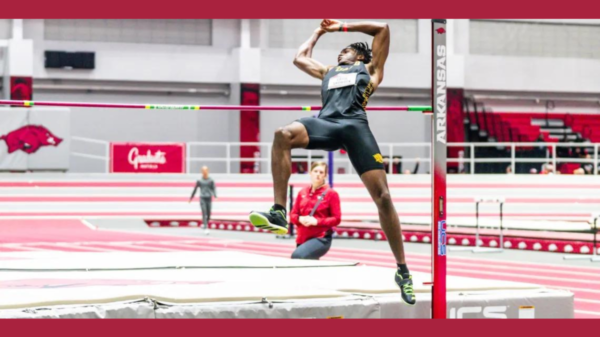

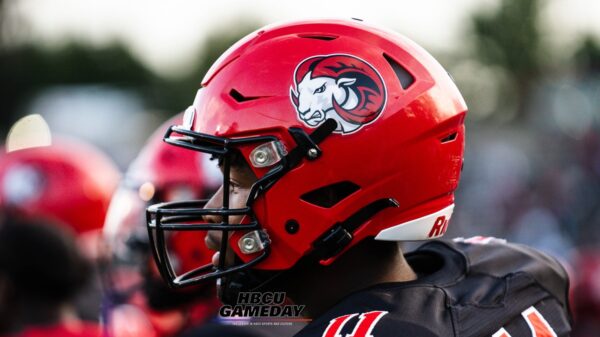

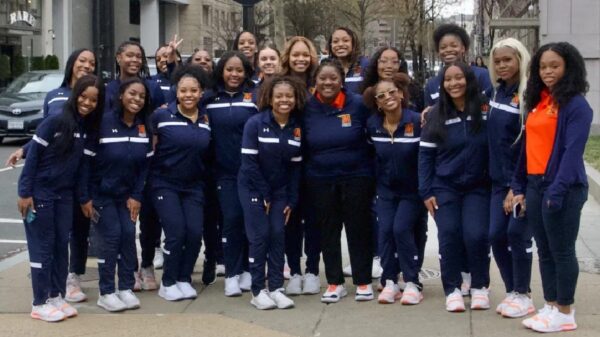
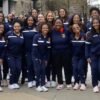
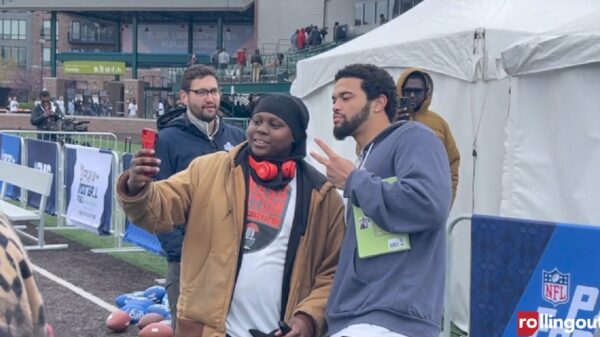

You must be logged in to post a comment Login